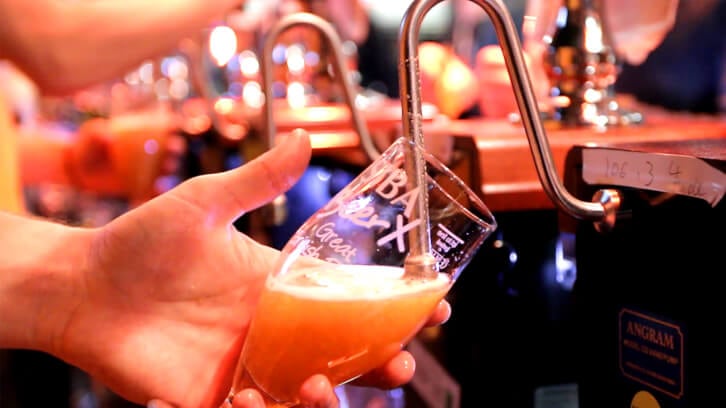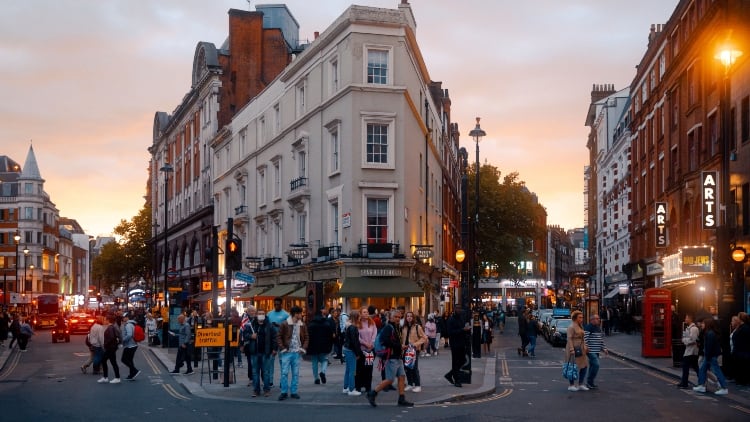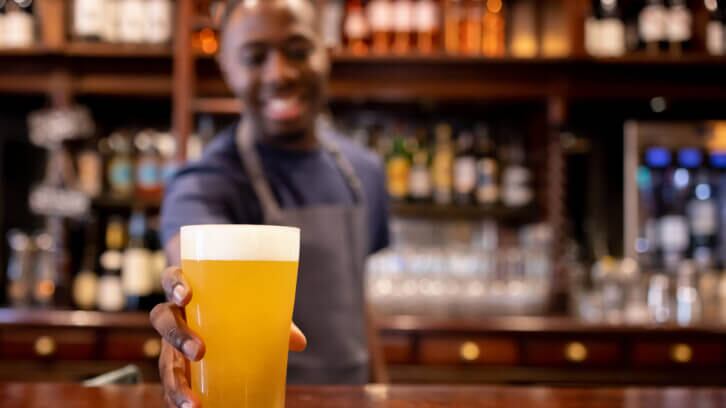The group, which represents around 750 independent breweries in the UK, also says allowing beers of 0.5% ABV and below to be labelled as ‘alcohol-free’ – as they are in both the EU and the US – would help smaller breweries to enter the no and low alcohol market.
On trends, SIBA heads of comms and marketing and beer sommelier Neil Walker, says: “Stout really is going from strength right now and there are some superb examples being made by independent breweries across the whole of the UK.
“Our SIBA Craft Beer Report 2023 showed stout as the most brewed beer style among independent craft brewers with a huge 84% making one – up 25% from 2022.”
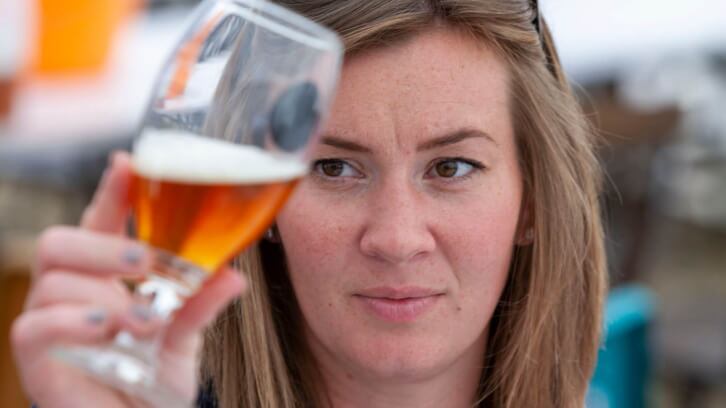
Walker continued: “Another trend we’re seeing are more and more breweries dipping their toes into the no and low alcohol market, producing either a lower strength table beer – typically between 2.8% and 3.5% – or an alcohol-free beer of between 0% and 0.5%.
“This comes as changes to the Alcohol Duty system in the UK make the tax on these lower-strength beers much reduced, supporting the growth of a really important segment of the market.”
Labelling rules
Meanwhile, the group says allowing beer of less than 0.5% ABV to be labelled as ‘alcohol-free’ in the UK would bring it in line with the EU and America.
Doing this would also address the barriers to trade and provide clarity for consumers, SIBA states.
However, other labelling changes being considered by the Government could add further complexity and make it more difficult for small independent breweries to enter the market for no and low beer.
The body made the announcement on a Government consultation on changes to the low and no alcohol labelling descriptors, which includes whether to raise the threshold for ‘alcohol-free’.
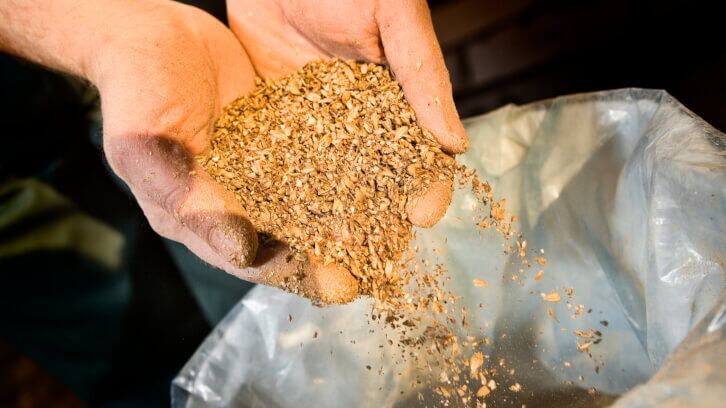
SIBA chief executive Andy Slee says: “The low and no sector has increased year-on-year with our latest SIBA/YouGov poll showing 18% of beer drinkers are consuming low alcohol beer.
“For small independent breweries, low and no is a fledgling sector and our members are increasingly looking to add new innovative low alcohol beers to their range but are hindered by confusing labelling guidance and the barriers to accessing the market.
“The health minister has the chance to provide clarity and address the inconsistencies and give a real boost to our independent breweries looking to response to increase consumer demand for tasty and interesting low alcohol beers.”
Disadvantage to small UK breweries
SIBA adds, under the Department for Health and Social Care’s guidance for low alcohol products, beer has to contain no more than 0.05% ABV for it to be considered ‘alcohol-free’, but breweries in other countries, including the US and Germany, can freely use the label on their products below 0.5%. This means imported beer can be labelled differently than home-produced beer therefore disadvantaging small UK breweries.
Achieving the 0.05% strength is beyond the affordability for the vast majority of small breweries SIBA argues because it requires specialist and expensive brewing equipment to remove the alcohol from the beer.
The Government is also considering other labelling changes as part of the consultation including the ABV strength on the front of the label along with age restrictions and the Chief Medical Officer’s low-risk drinking guidelines.
In its consultation response, SIBA has called for the low alcohol descriptors to become:
- Low alcohol – product must be 1.2% ABV or below; (no change to current)
- Non-alcoholic – be applicable to any products below 0.5% ABV
- Alcohol-free – also be applicable to any products below 0.5% ABV
- De-alcoholised – only applied to products that have undergone that specific process

